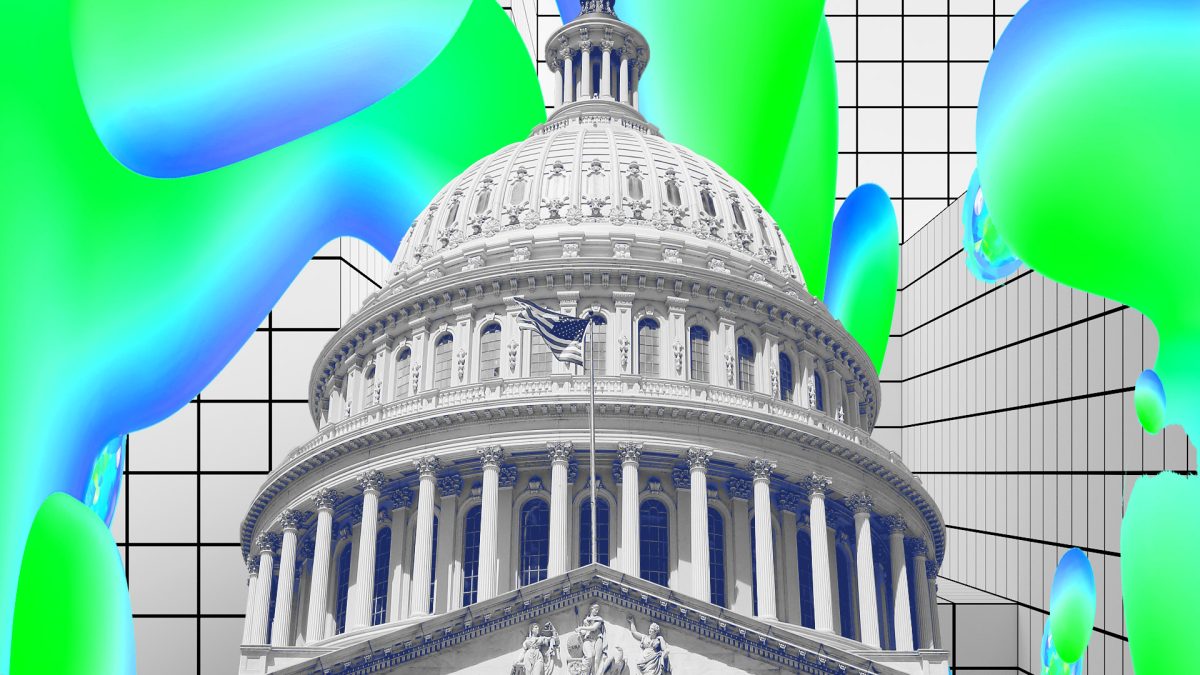Crypto market structure bill may need to wait until after the midterm election, says TD Cowen

Senators are dragging their feet when it comes to passing cryptocurrency market structure legislation, and that could delay the bill's passage until after the midterm election, TD Cowen analysts said in a note on Monday.
Republicans and Democrats are negotiating how the cryptocurrency industry should be regulated — and it's not going well. Republicans in the Senate Banking Committee have a bill on the table that would allocate jurisdiction between the Securities and Exchange Commission and the Commodity Futures Trading Commission, as well as create a new term for "ancillary assets" to clarify which cryptocurrencies are not securities.
Then last week, a six-page proposal from Senate Democrats revealed their stance to prevent illicit activity through decentralized finance, which caught the ire of Senate Republicans and the crypto industry at large over concerns that it wasn't workable. A Senate Banking Committee spokesperson has since indicated that marking a date to debate the bill has been difficult, saying "Democrats had not committed to dates to debate the bill during a markup hearing."
Meanwhile, a spokesperson for Democratic Sen. Ruben Gallego told Punchbowl News that fellow Democrats are committed to working with Republicans and said the bill text needs to be finalized before setting a markup hearing.
"[Republicans] asked for paper and substance, and we delivered," said the spokesperson, Jacques Petit. "They then turned around and leaked our proposal and pretend to be surprised that our parties have policy differences. Their demand to set a markup date before text is agreed to is like setting a wedding date before the first date."
On Monday, TD Cowen's Washington Research Group, led by Jaret Seiberg, said those types of objections won't block a deal though it might cause a delay.
"We do not see process objections as a real obstacle to deal," Seiberg said on Monday. "To us, they indicate that senators are not interested in moving quickly. It is why we believe market structure may need to wait until the midterm election."
Midterms, though, may change the political calculus around crypto legislation as lawmakers look to keep their seats and shift their focus to campaigning. And the number of days that the Senate is still in session is limited, Seiberg said.
The real obstacle
The real obstacle for Democrats is their ask to ban senior government officials and their families, including the president, from owning crypto firms, Seiberg said.
Several Democrats have increasingly raised concerns over the past year about President Trump's ties to digital assets, which has in turn complicated legislative efforts. Bloomberg has estimated the sitting president has profited some $620 million from his family's crypto ventures, including the World Liberty Financial DeFi and stablecoin project and the TRUMP and MELANIA memecoins.
"We are not suggesting there is no path forward for action in the next 12 months," Seiberg said. "Our point is that there are more reasons for senators to delay action than to move quickly."